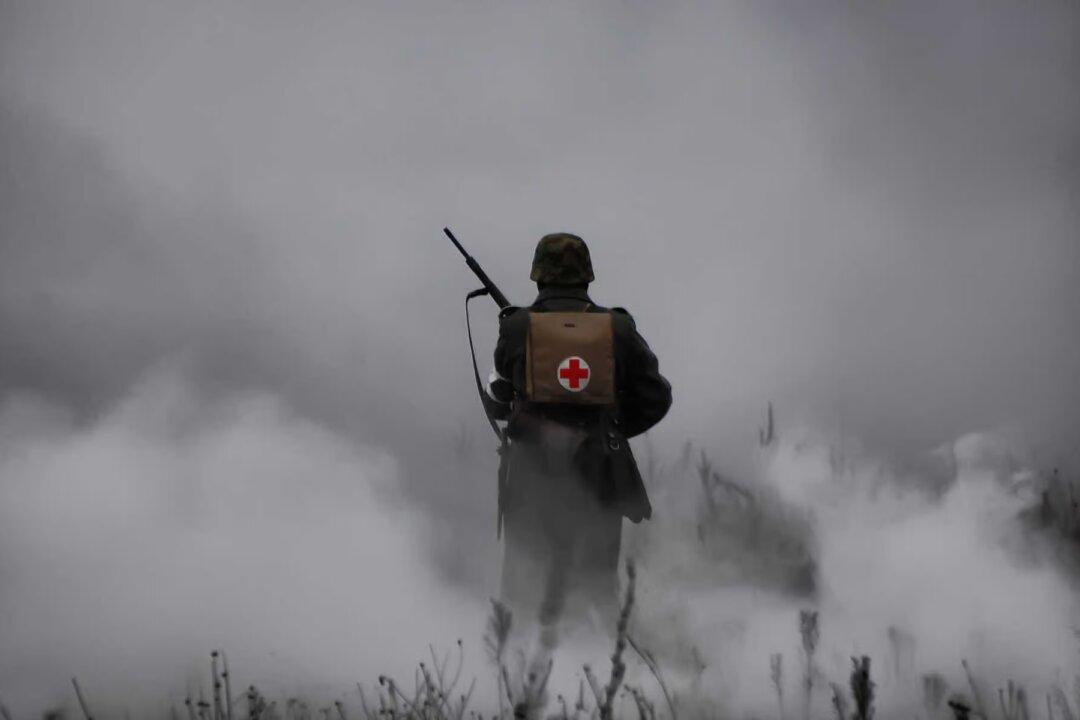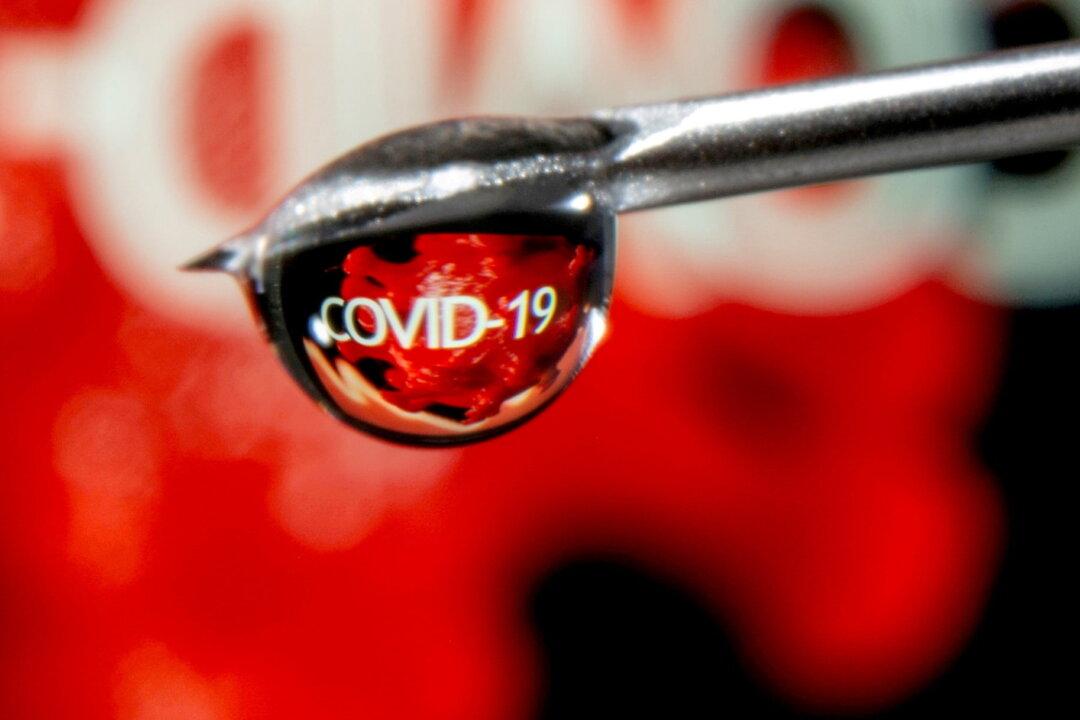Commentary
Despite the best efforts of the mainstream media to pillory him as an anti-vaccine conspiracy theorist, Robert F. Kennedy Jr. (RFK Jr.) is having a moment. A recent poll from CNN of all places showed him earning 20 percent of Democratic primary voters—and that was before his Joe Rogan interview and shirtless push-up video went viral.





